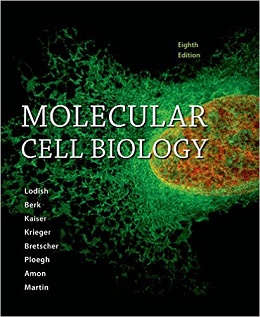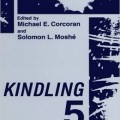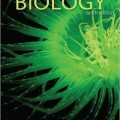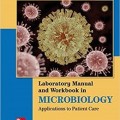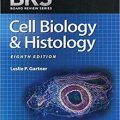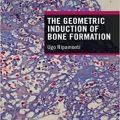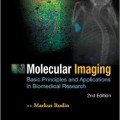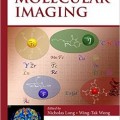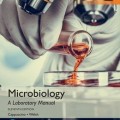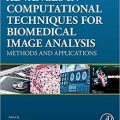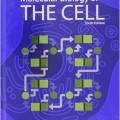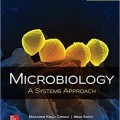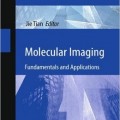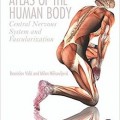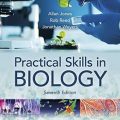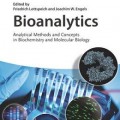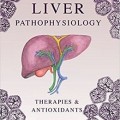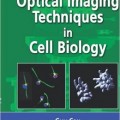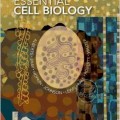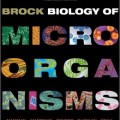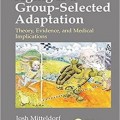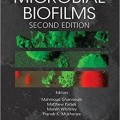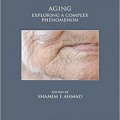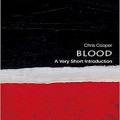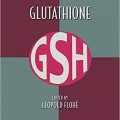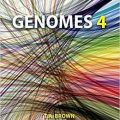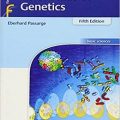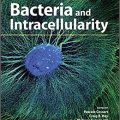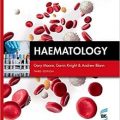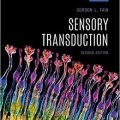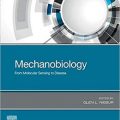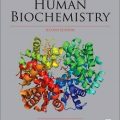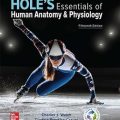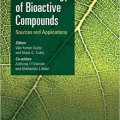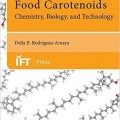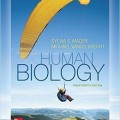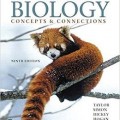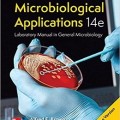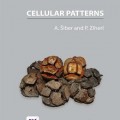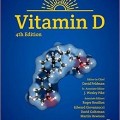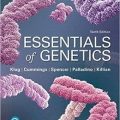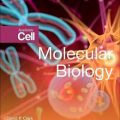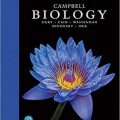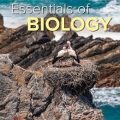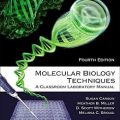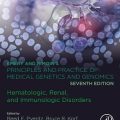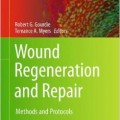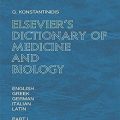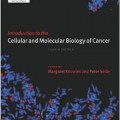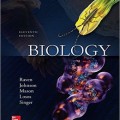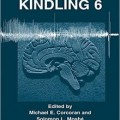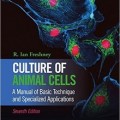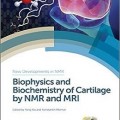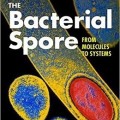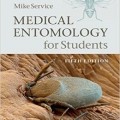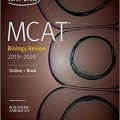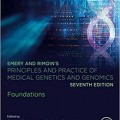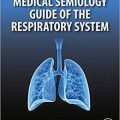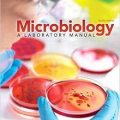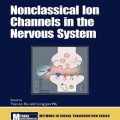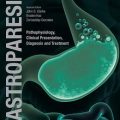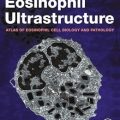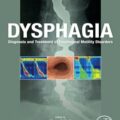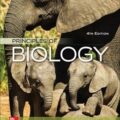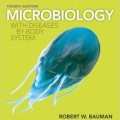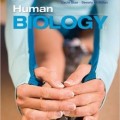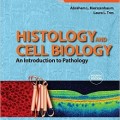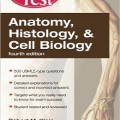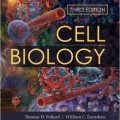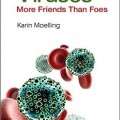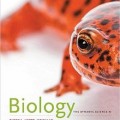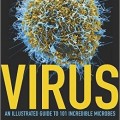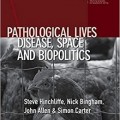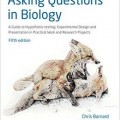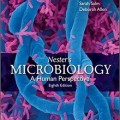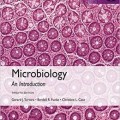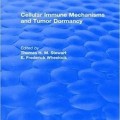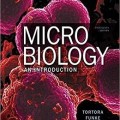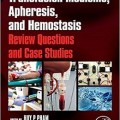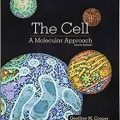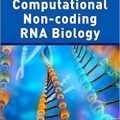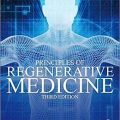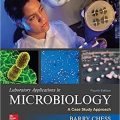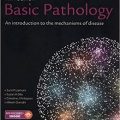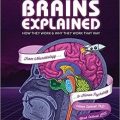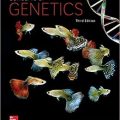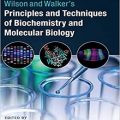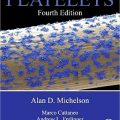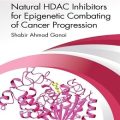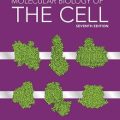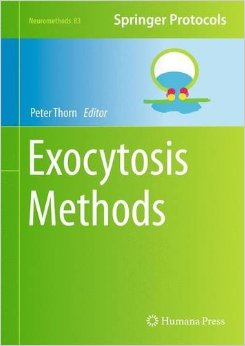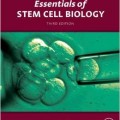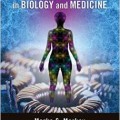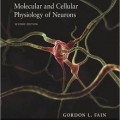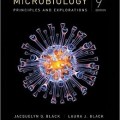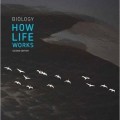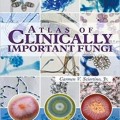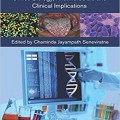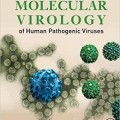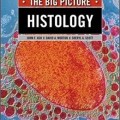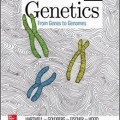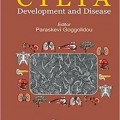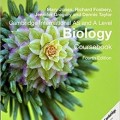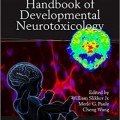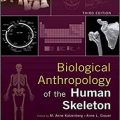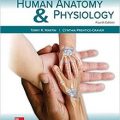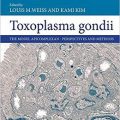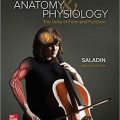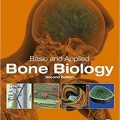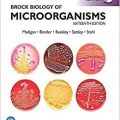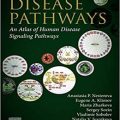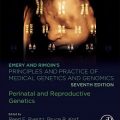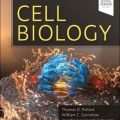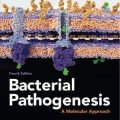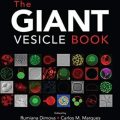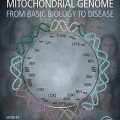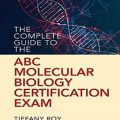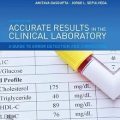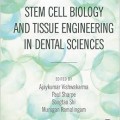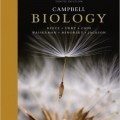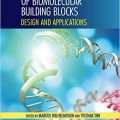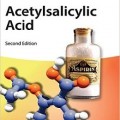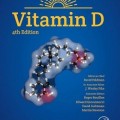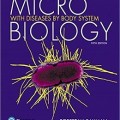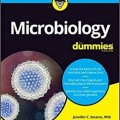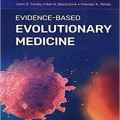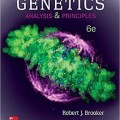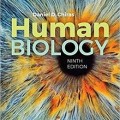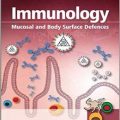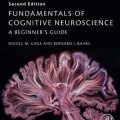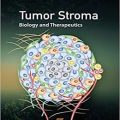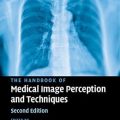With its acclaimed author team, cutting-edge content, emphasis on medical relevance, and coverage based on key experiments, Molecular Cell Biology has justly earned an impeccable reputation as an exciting and authoritative text. Avoiding an encyclopedic approach, the book grounds its coverage in the experiments that define our understanding of cell biology, engaging students with the exciting breakthroughs that define the field’s history and point to its future. The authors, all world-class researchers and teachers, incorporate medically relevant examples where appropriate to help illustrate the connections between cell biology and health and human disease.
Harvey Lodish is Professor of Biology and Professor of Bioengineering at the Massachusetts Institute of Technology and a member of the Whitehead Institute for Biomedical Research. Dr. Lodish is also a member of the National Academy of Sciences and the American Academy of Arts and Sciences and was President (2004) of the American Society for Cell Biology. He is well known for his work on cell membrane physiology, particularly the biosynthesis of many cell-surface proteins, and on the cloning and functional analysis of several cell-surface receptor proteins, such as the erythropoietin and TGF-ß receptors. His lab also studies hematopoietic stem cells and has identified novel proteins that support their proliferation. Dr. Lodish teaches undergraduate and graduate courses in cell biology and biotechnology.
Arnold Berk is Professor of Microbiology, Immunology and Molecular Genetics and a member of the Molecular Biology Institute at the University of California, Los Angeles. Dr. Berk is also a fellow of the American Academy of Arts and Sciences. He is one of the original discoverers of RNA splicing and of mechanisms for gene control in viruses. His laboratory studies the molecular interactions that regulate transcription nitiation in mammalian cells, focusing particular attention on transcription factors encoded by oncogenes and tumor suppressors. He teaches introductory courses in molecular biology and virology and an advanced course in cell biology of the nucleus.
Chris A. Kaiser is Professor and Head of the Department of Biology at the Massachusetts Institute of Technology. His laboratory uses genetic and cell biological methods to understand the basic processes of how newly synthesized membrane and secretory proteins are folded and stored in the compartments of the secretory pathway. Dr. Kaiser is recognized as a top undergraduate educator at MIT, where he has taught genetics to undergraduates for many years.
Monty Krieger is the Whitehead Professor in the Department of Biology at the Massachusetts Institute of Technology. For his innovative teaching of undergraduate biology and human physiology as well as graduate cell biology courses, he has received numerous awards. His laboratory has made contributions to our understanding of membrane trafficking through the Golgi apparatus and has cloned and characterized receptor proteins important for the movement of cholesterol into and out of cells, including the HDL receptor.
Anthony Bretscher is Professor of Cell Biology at Cornell University. His laboratory is well known for identifying and characterizing new components of the actin cytoskeleton, and elucidating their biological functions in relation to cell polarity and membrane traffic. For this work, his laboratory exploits biochemical, genetic and cell biological approaches in two model systems, vertebrate epithelial cells and the budding yeast. Dr. Bretscher teaches cell biology to graduate students at Cornell University.
Hidde Ploegh is Professor of Biology at the Massachusetts Institute of Technology and a member of the Whitehead Institute for Biomedical Research. One of the world’s leading researchers in immune system behavior, Dr. Ploegh studies the various tactics that viruses employ to evade our immune responses, and the ways in which our immune system distinguishes friend from foe. Dr. Ploegh teaches immunology to undergraduate students at Harvard University and MIT.
Angelika Amon is Professor of Biology at the Massachusetts Institute of Technology, a member of the Koch Institute for Integrative Cancer Research, and Investigator at the Howard Hughes Medical Institute. She is also a member of the National Academy of Sciences. Her laboratory studies the molecular mechanisms that govern chromosome segregation during mitosis and meiosis and the consequences—aneuploidy—when these mechanisms fail during normal cell proliferation and cancer development. Dr. Amon teaches undergraduate and graduate courses in cell biology and genetics.
Matthew P. Scott is Professor of Developmental Biology, Genetics and Bioengineering at Stanford University School of Medicine and Investigator at the Howard Hughes Medical Institute. He is a member of the National Academy of Sciences and the American Academy of Arts and Sciences and a past president of the Society for Developmental Biology. He is known for his work in developmental biology and genetics, particularly in areas of cell-cell signaling and homeobox genes and for discovering the roles of developmental regulators in cancer. Dr. Scott teaches cell and developmental biology to undergraduate students, development and disease mechanisms to medical students and developmental biology to graduate students at Stanford University
Kelsey Martin is Professor of Biological Chemistry and Psychiatry and interim Dean of the David Geffen School of Medicine at the University of California, Los Angeles. She is the former Chair of the Biological Chemistry Department Her laboratory studies the ways in which experience changes connections between neurons in the brain to store long-term memories—a process known as synaptic plasticity. She has made important contributions to elucidating the molecular and cell biological mechanisms that underlie this process. Dr. Martin teaches basic principles of neuroscience to undergraduates, graduate students, dental students, and medical students.
۱. Molecules,Cells,and Model Organisms
۲. Chemical Foundations
۳. Protein Structure and Function
۴. Culturing and Visualizing Cells
۵. Fundamental Molecular Genetic Mechanisms
۶. Molecular Genetic Techniques
۷. Biomembrane Structure
۸. Genes,Genomics, and Chromosomes
۹. Transcriptional Control of Gene Expression
۱۰. Post-transcriptional Gene Control
۱۱. Transmembrane Transport of Ions and Small Molecules
۱۲. Cellular Energetics
۱۳. Moving Proteins into Membranes and Organelles
۱۴. Vesicular Traffic
۱۵. Signal Transduction and G Protein— Coupled Receptors
۱۶. Signaling Pathways That Control Gene Expression
۱۷. Cell Organization and MovementI : Microfilaments
۱۸. Cell Organization and MovementII: Microtubules and Intermediate Filaments
۱۹. The Eukaryotic Cell Cycle
۲۰. Integrating Cells into Tissues
۲۱. Stem Cells, Cell Asymmetry, and Cell Death
۲۲. Cells of the Nervous System
۲۳. Immunology
۲۴. Cancer


